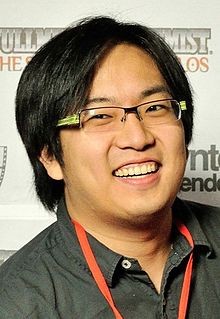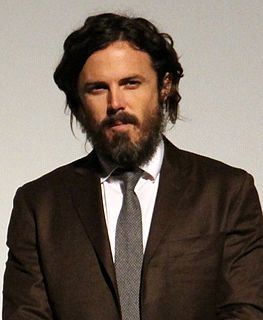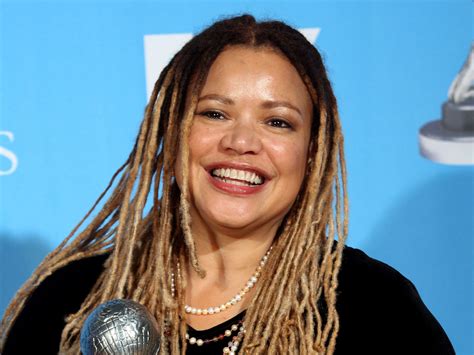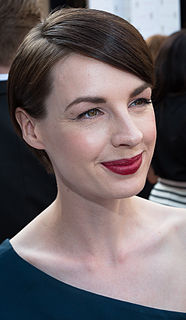A Quote by Freddie Wong
We always said that directors work their whole lives to get final cut on a movie. We have that. So why would you want to run away from what every other director is sprinting toward their entire careers?
Related Quotes
When I'm editing, I tend to cut, go back over it, cut, go back over it, cut, so by the time I'm done, even with a cut, I don't have a rough cut and then work on it so much. I have a pretty rigorous cut of the movie that's usually in the range of what the final movie is going to be. It doesn't mean I don't work on it a lot after that, but I get it into a shape so I feel I can really tell what it needs, or at least it's ready to show people.
I feel like I've been picky through the years and would do one movie a year or one movie every two years, and I want to work a lot more. So if I can find something that just happens right away as a director, I'll do it if I really love it, but otherwise, I want to keep working as an actor and getting better.
The biggest challenges are always getting into the rooms that you need to get into and having people open to the types of stories that I want to tell. And I feel that just being a female director and doing that is a big deal in this country. On my third movie I worked with a French DP. I asked him has he ever worked with a woman director before? He said in France a third of directors are women; so you can’t avoid them. So I realized that the US is behind.
There's this sense of being strange, which is at the heart of every creative person. Every writer, every actor, every director knows who Ripley is. We've made careers and lives out of pretending, making things up, inhabiting other people's stories and lives. That's what I do every day. . . . The story is so audacious and subversive: a central character who behaves badly and isn't apparently caught. That intrigued me no end.
With a director it's all about the work; I'd work with a great director over - you know, I'm not the kind of actor who that doesn't go, 'I want to play this role.' It's more like, 'I want to work with this director,' regardless of what the role is because if it's a good director, you'll probably find a good role because it's a decent film. But a mediocre director will always make a mediocre movie.
The thing about TV is that it's great work for directors because the responsibility is not ours at all. In a movie, you choose a movie, and everybody points his or her finger at you afterward. It doesn't matter how much influence you had on the script, how much decision you had, or the fact that you didn't have final cut.
I've had friends who have come away who've said, "I shouldn't have become such close friends with the director." You always want to get on with the director, but I personally prefer a relationship where you respect them - you get on really well with them, but they're boss, as it were. It's about trusting your director, for better or for worse. They're the one's seeing what's coming out on the monitors, so you have to try and trust what they say.
There are directors, and I think this is true of all directors, it would be true if I was a director - If the actor didn't want to do what I was suggesting, I would let him do it his way, and then I would say to him, "Just give me one where you do what the director wants", and that, of course, is the take that's used.
My teachers believe that the creative producer's job is to service the vision of the director, to stay within schedule and budget, and to get the studio what they need, but you work for the director to get their vision on the screen. That's not how everyone approaches producing, but it is certainly how directors like you to approach producing. How I was brought up is that my job is to help you make the movie you want to make.




































